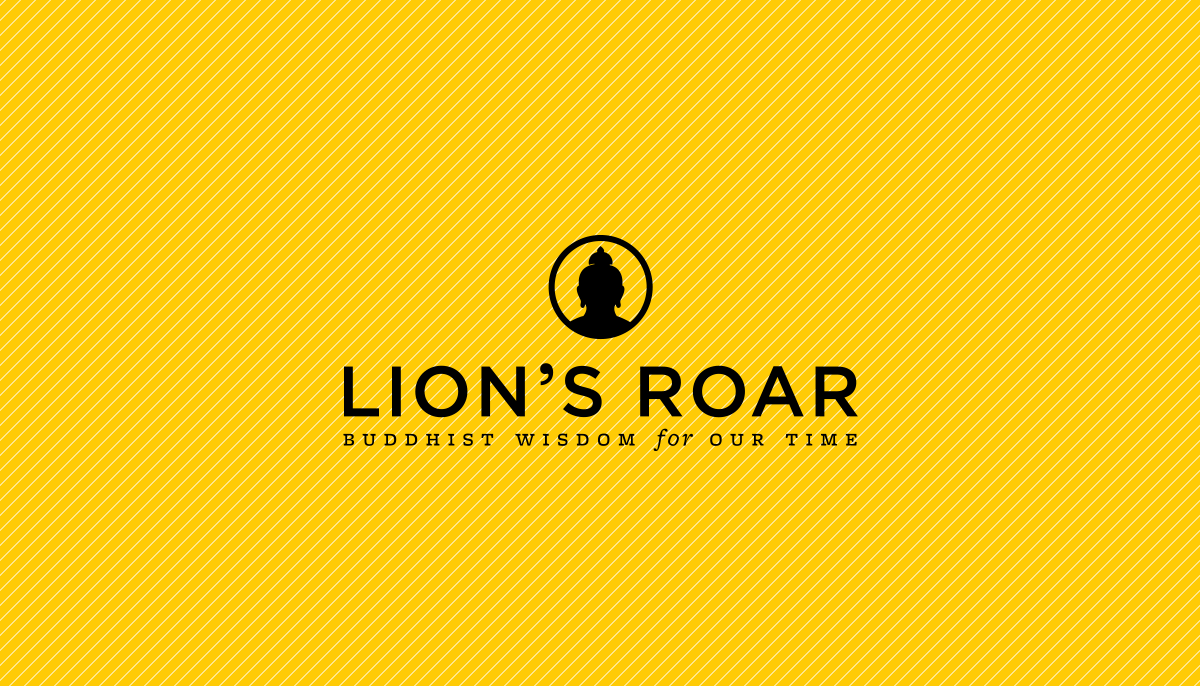“We might pause,” suggests Bodhin Kjolhede, “to consider the American character as it relates to practice, focusing on those traits most likely to challenge us as practitioners.”
The American tradition is to use all traditions freely, and for several decades now American Buddhists have been doing just that. Here on American soil, we’re cultivating a mixture of dharma seeds sown by our various Asian forebears, and while the yield from this effort is only beginning to be seen, it surely embodies the native soil—us Americans—at least as much as the seeds. We might pause, then, to consider the American character as it relates to practice, focusing on those traits most likely to challenge us as practitioners.
Individual Self-Identity
The subject-object split is part of the human condition, but nowhere is the concept of a fixed, discrete self so entrenched—and so celebrated—as in this country. This obsession with “I,” “me,” and “my” creates a world of trouble in practice as we keep getting in our own way, tripping over all those opinions and preferences and comparisons with others that we count on to secure our selfhood.
One of the more pernicious threats posed by the American intoxication with the self is its potential to render practice just another self-enhancement technique. It could be mistaken for the ultimate makeover—“Reshape and buff up that self! New! Improved! Get yours!” This self-interested attitude, already second nature to most of us, absorbs steady nourishment from this culture of ours, which is so skilled at appealing to human acquisitiveness. Long-term, serious practice with a teacher can transmute this selfish motivation (Roshi Kapleau admitted that when he got to Japan he had just wanted to “grab kensho and run”), but beginners and others who are marginally involved in practice will find their efforts frustrated until their aspiration evolves into true bodhicitta.
Moralism
Ever since the Pilgrims splashed ashore in 1620, morality and religion have claimed the attention of Americans more, it seems, than of any other Western people. Public surveys consistently reflect this, as do book sales, TV programming, and clamorous public debates on abortion, euthanasia, sex, and crime. Those of us who grew up in the American milieu are conditioned to frame reality in terms of right and wrong, and more likely to interpret the dharma, too, through these constructs. Buddhist doctrine certainly has a well-developed system of ethics, but traditionally it has rested primarily on the law of causation. One really doesn’t need to divide the world into “good” and “bad”; it is enough to understand whether our actions cause harm or not, and go from there.
Absolutist notions of right and wrong, coupled with the delusion of a fixed self, can wreak havoc with practice, and it lays the ground for what may be the single biggest hindrance we American practitioners face: our inner critical voice—those old tapes that tell us we’re flawed or deficient in some basic way. This self-hatred, as some teachers call it, appears to be a uniquely Western affliction (reinforced for millions, it would seem, by the doctrine of original sin), and one that Americans may specialize in. At a 1993 Dharamsala meeting of Western Buddhist teachers with the Dalai Lama, one of the participants asked him about this phenomenon, which was so alien a concept to His Holiness that his translator spent five to ten minutes trying to explain it—with decidedly uncertain success.
Impatience
We instinctively reach for the quick fix, an impulse that ethically-challenged teachers are eager to exploit. But just as it took us a long time to get into this predicament called ignorance, it will take a long time for us to get out. Related to this impatience is our legendary restlessness (already cited by de tocqueville in 1835) and, more recently, our craving for novelty.
Happiness as Entitlement
Our declaration of Independence announces only our right to pursue happiness, but it seems that happiness itself is now commonly regarded as our due. to have it denied, or even worse to lose it, is seen either as something gone wrong that needs to be corrected, or as an injustice, with the fault to be found outside ourselves. More and more now, someone else must be held accountable for our discontent.
this idea that one has a right to happiness is a myth, of course, and one that has survived only with the help of a long run of national peace, prosperity, and power. We’ve had the resources and the freedoms to effect change in much of the world and gratify ever more of our wants through consumer goods. We make things. We make things happen. Reportedly the dalai lama once wryly observed, “America has perfected samsara.” there’s just this one small matter, though: the noble truth of suffering.
We who have grown up in this land of choices have become savvy consumers, practiced at sorting through our options in order to maximize pleasure and minimize displeasure. yet through our very success at getting our way, we also bind ourselves to the poles of grasping and rejecting, thus sabotaging our efforts toward freedom. ultimately, the integrity of American Buddhism rests on our going beyond the freedom to (have, get, buy, etc.) so that we may find freedom from our desires themselves.
As Americans, we’ve shown the impulse to remake Buddhism, demanding that the dharma accommodate itself to us, rather than our accommodating ourselves to the dharma. But while our national character presents significant challenges, it has other, more positive, sides to it. Our individual self-identities come with self-awareness and independent, critical thinking, making us less vulnerable, perhaps, to deranged leadership. Our preoccupation with morality may ensure that sila holds its own in American practice with dhyana and prajna. the upside of our impatience is energy, drive, and a sense of time passing. And our tendency to feel entitled to happiness may keep us reaching for it until we realize it couldn’t be anywhere but right here.

